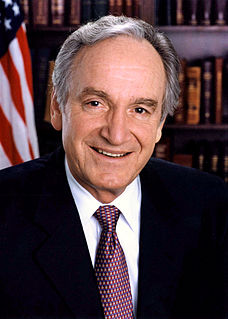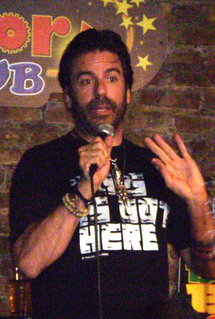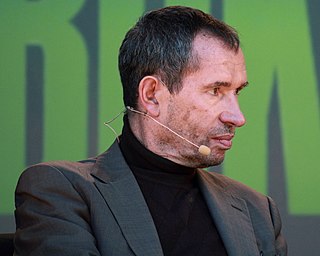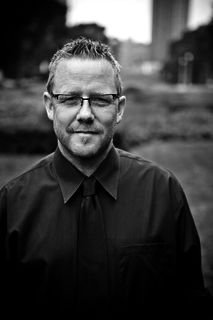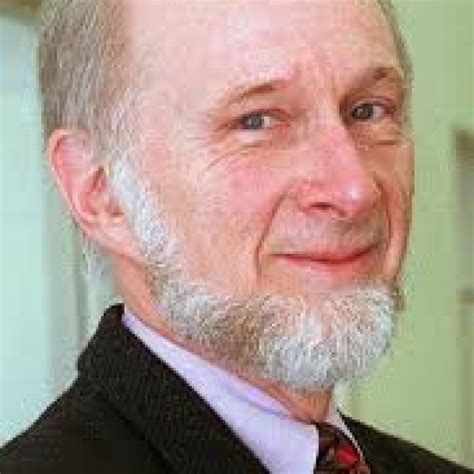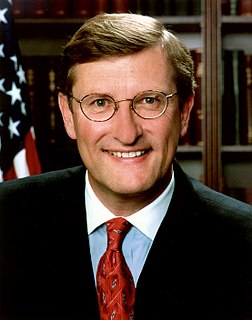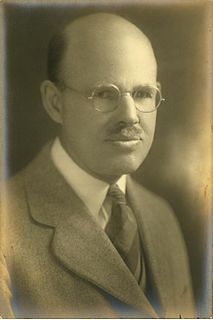A Quote by Stephen Kinzer
Prairie grassland once covered much of North America's midsection. European settlers turned nearly all of it into farms and ranches, and today the prairie landscape survives mainly in isolated reserves.
Related Quotes
Although he moved away from the Midwest for good at the age of thirteen, Ray Bradbury is a prairie writer. The prairie is in his voice, and it is his moral compass. It is his years spent in Waukegan, Illinois - later rechristened by Ray as 'Green Town' in many books and stories - that forever shaped him.
Americans once believed that their prosperity and way of life depended on having assured access to Persian Gulf oil. Today, that is no longer the case. The United States is once more an oil exporter. Available and accessible reserves of oil and natural gas in North America are far greater than was once believed. Yet the assumption that the Persian Gulf still qualifies as crucial to American national security persists in Washington. Why?
The newcomers quickly learned their way about and soon felt at home. The Homestead Act of 1862 provided them, as well as many other pioneers, with an opportunity to acquire land and establish family farms. To the land-hungry immigrants, the tough prairie sod seemed a golden opportunity and they conquered it by hard work.

